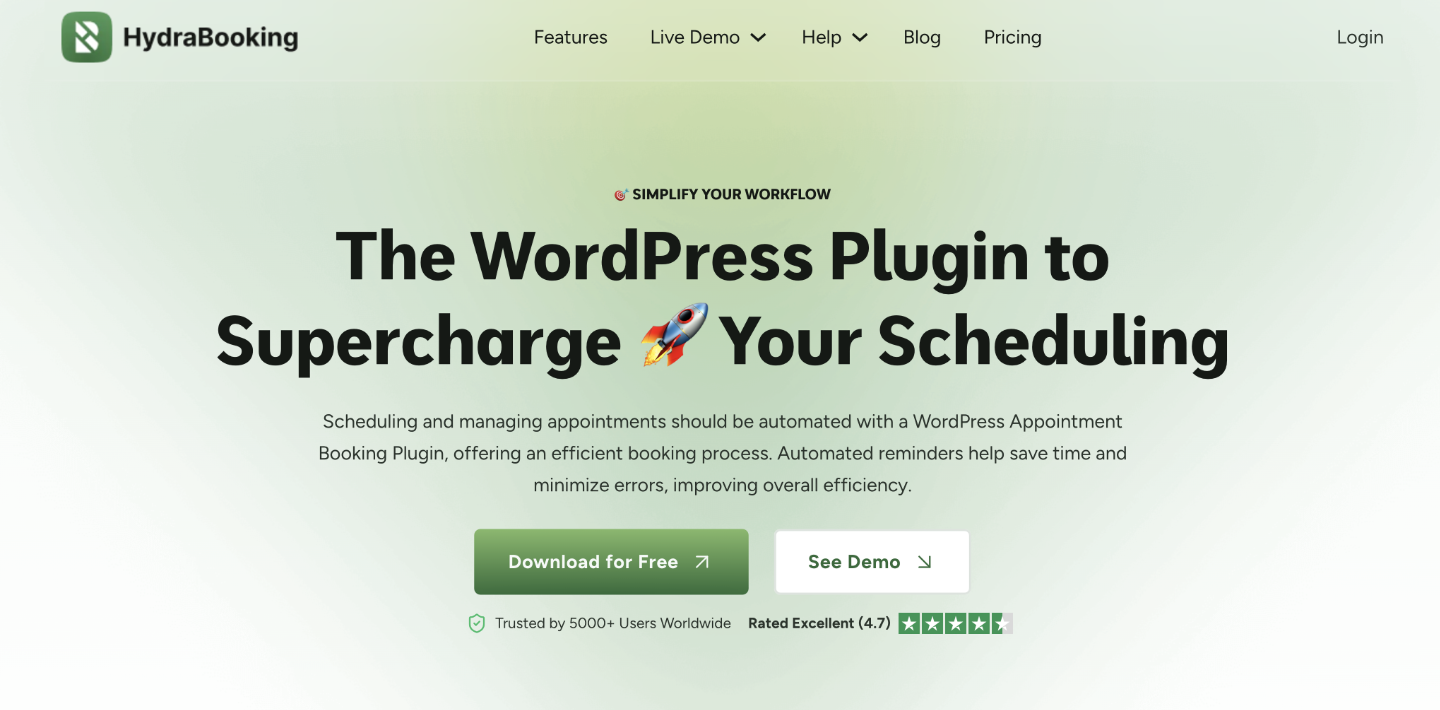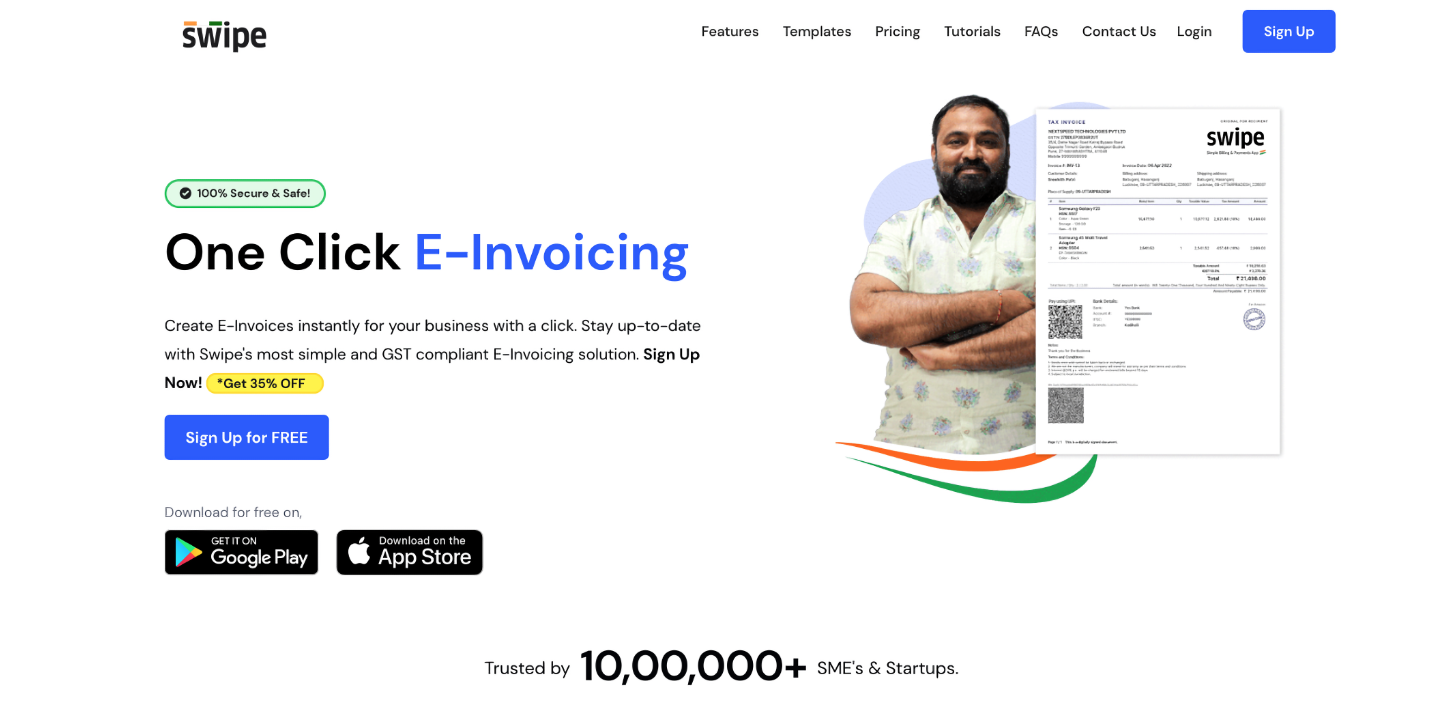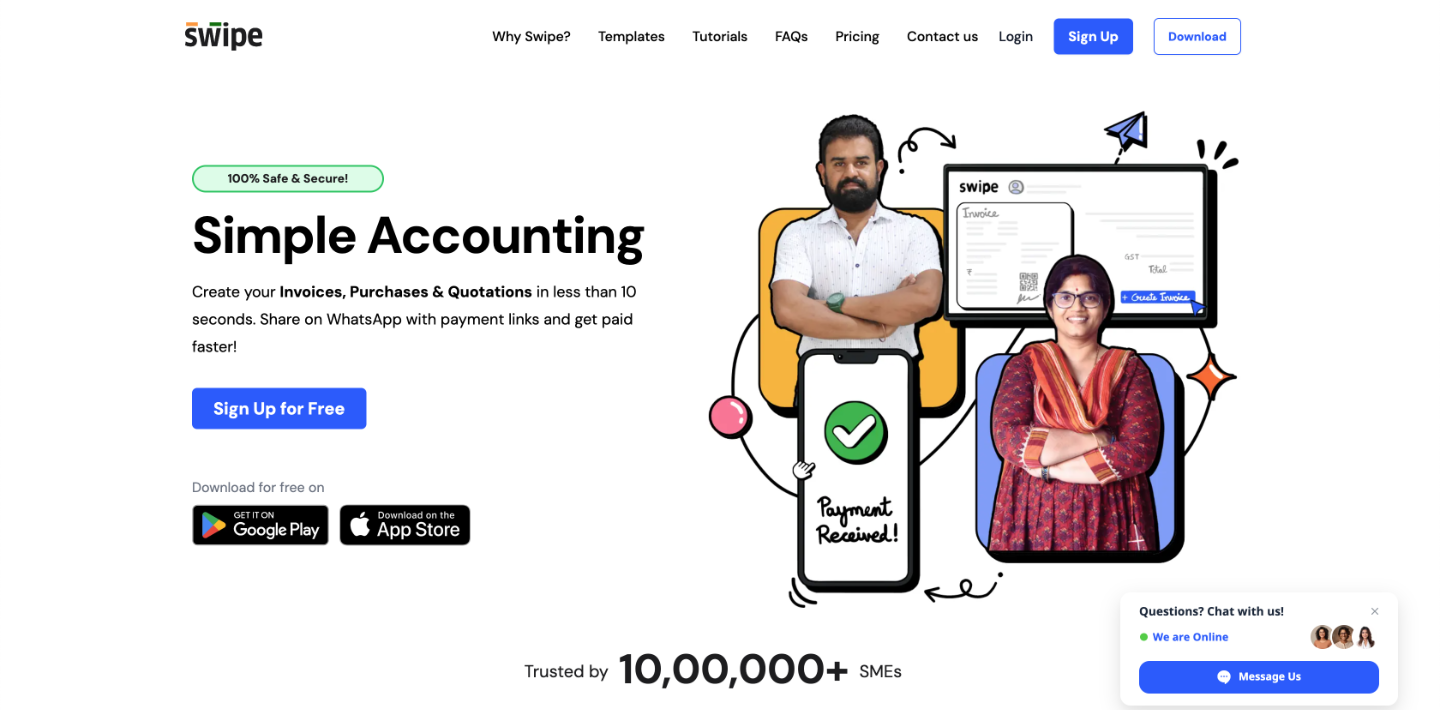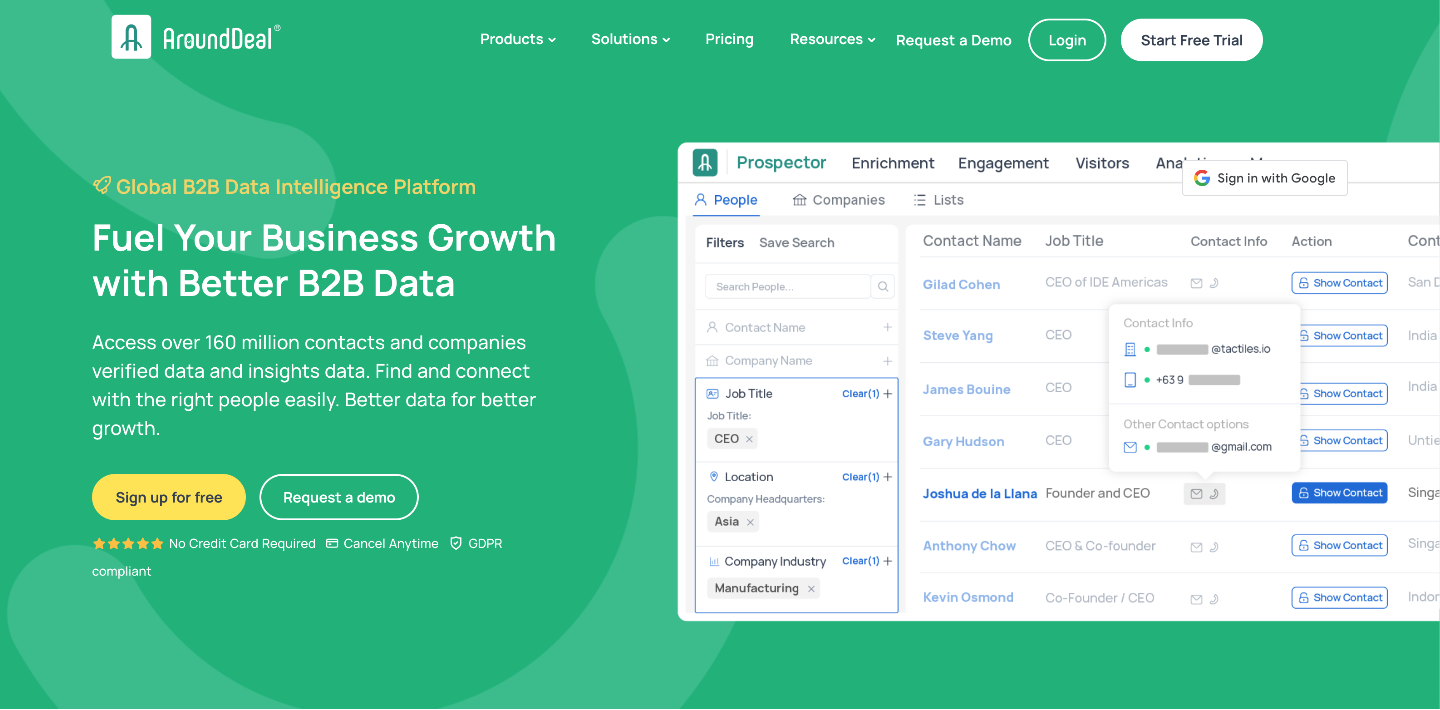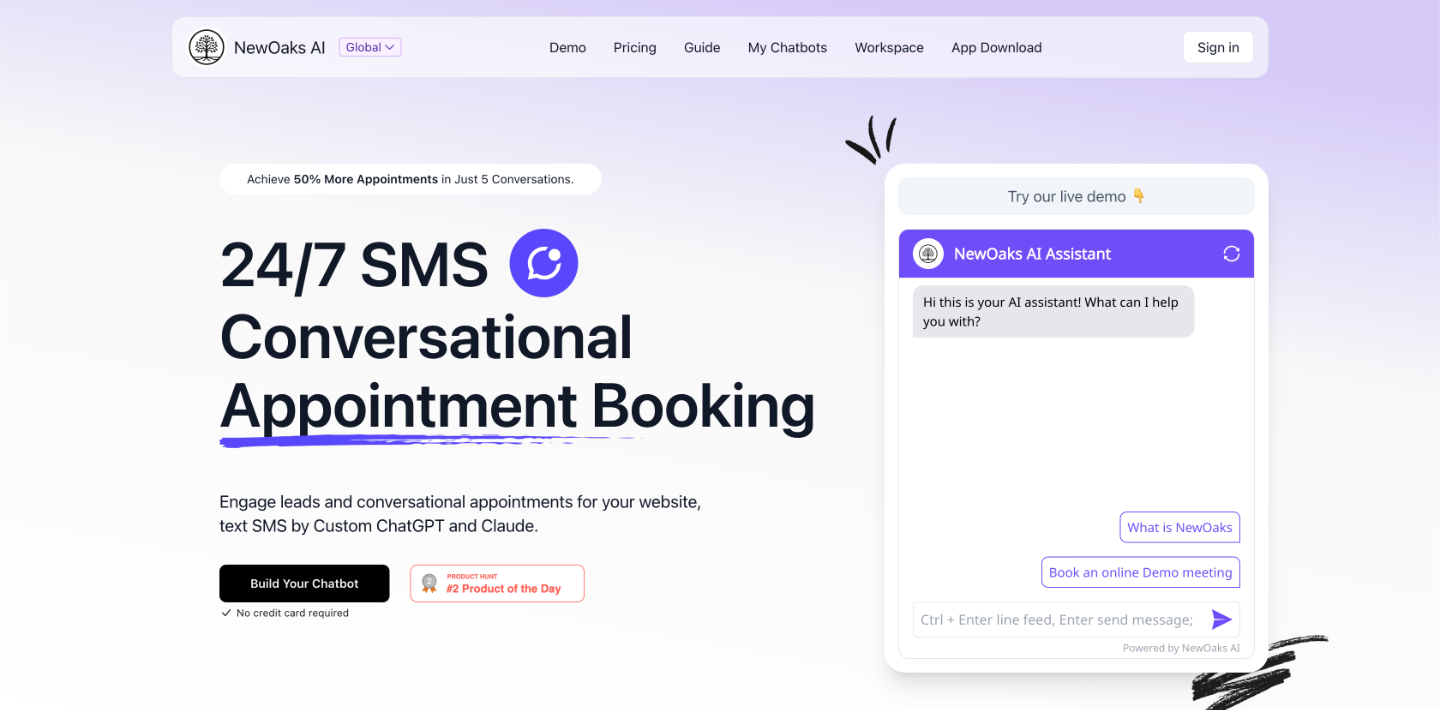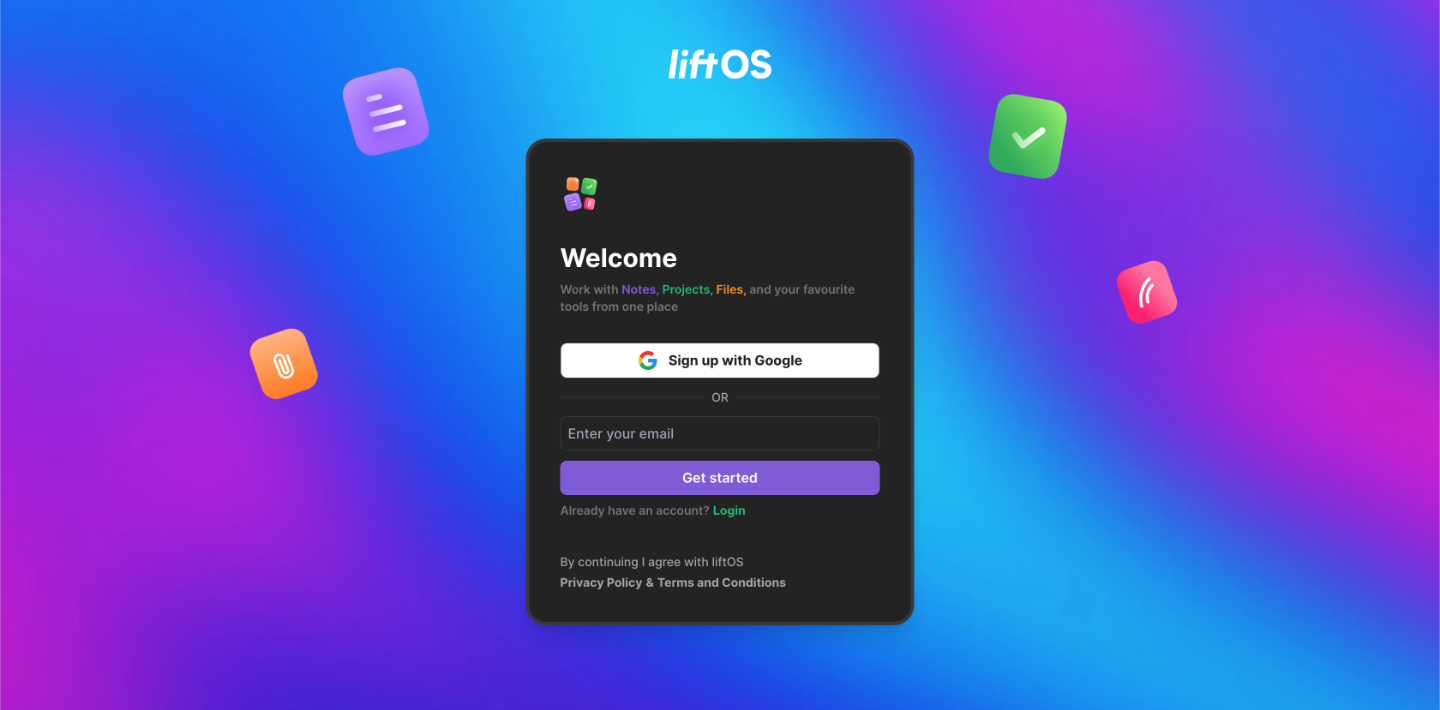
Drones have been a popular fascination for the last several years, as drone technology has evolved to the point of practicality for millions of recreational hobbyists and business owners. In fact, there are now more than one million registered drones in the United States alone.
But are you allowed to use drones for commercial purposes? And if so, what rules and regulations do you have to abide by to remain in compliance?
Why Would You Use a Drone?
First, let’s explore some of the motivations you might have to use a drone in your business.
- The agricultural industry is seeing rapid growth in efficiency thanks to drones, which are capable of spraying plants remotely. They can also provide soil and field analysis and use 3D maps to evaluate the land, plant seeds, monitor crops as they start to grow, and assess their health throughout the process.
- Drones are also useful for surveillance. If you have a border to keep, or just want an extra mobile set of eyes for your business, a drone may be a good investment—especially if you have someone skilled flying it.
- You may also want to use a drone if your business involves significant surveying; for example, if you’re regularly buying and selling property, a drone could help you establish exact property lines and evaluate the nature of each landscape.
- Investigatory businesses also make use of drones. For example, if you’re trying to assess the root cause of a traffic accident, you may be able to use a drone to remotely make a 3D model of the accident scene and draw further conclusions from there.
- Attention and advertising. You could even use drones as a way to drum up extra attention for your business, such as flying one at a tradeshow or local event with an advertising message.
If you have a motivation to use drones for any of the above applications, you should know what the law will and will not allow. The FAA allows for two different legal operating options. The first is for a recreational or hobby-related purpose only, so it doesn’t apply if you’re using the drone for your business. The second is for commercial use; here, you’ll have to register your drone and get a remote pilot certificate.
You’ll also have to abide by several specific federal regulations, unless you have a waiver:
- Only fly a drone under 55 pounds.
- Fly the drone within a visual line-of-sight.
- Avoid flying the aircraft near other aircraft or directly over people.
- Avoid flying in controlled airspace or anywhere near airports.
- Fly the drone only during daylight hours, and at or below 400 feet.
Aside from these rules, you’ll also need to consider your state and local laws for drones, as they may vary.
Practical Considerations
You’ll also need to make some practical considerations when flying your drone. Even though you’re abiding by the laws at federal, state, and local levels, there may still be consequences for your actions. For example, if you fly a drone too close to someone and injure them, you may be held liable for damages. If you infringe on a customer’s privacy, in any way, they may hold you liable for privacy infringement, and even if they don’t, they may walk away with a worse impression of your company.
If you’re considering getting a drone for business purposes, think carefully about your intended application, and do your research on laws at both the state and federal level so you don’t run the risk of violating them. Aside from that, be extra careful; despite the fact that drones are popular, not everyone is used to handling them or being around them, so it pays to operate your drone responsibly and avoid extra damage at all costs.

